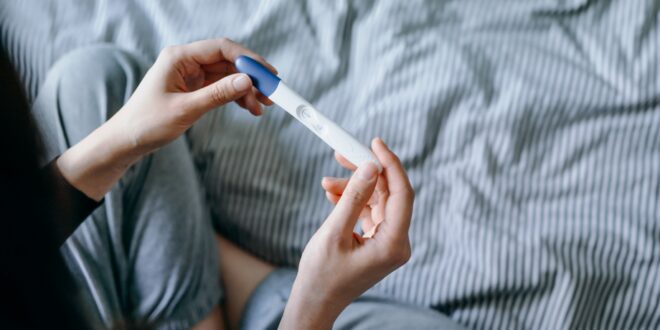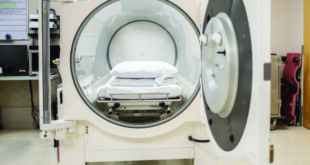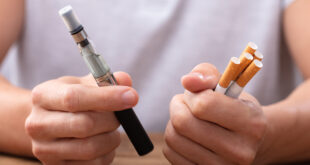Whether you’re struggling to get pregnant and want to know how to boost your chances of conceiving or are just starting out on your journey, your diet plays a bigger role than you might think. As well as avoiding stress and tracking your menstrual cycle, being more mindful of the food you put in your body can positively affect your fertility. There’s also sea moss for fertility, you can check enjoyseamoss.com for more information.
The link between diet and fertility
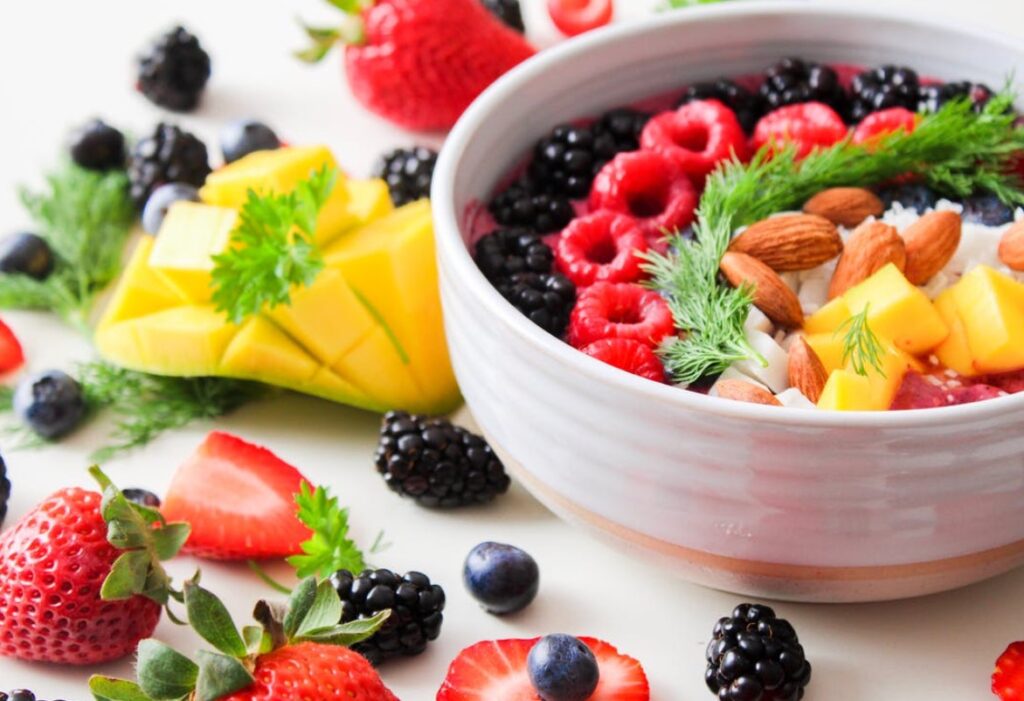
A huge part of getting pregnant is creating the right environment for conception to take place. This is affected, of course, by your hormones – but also by the nutrients your body has access to.
Eating the right foods offer a range of benefits, from improving egg quality to lowering the possibility of miscarrying.
Overall your diet has the potential to create the best biological capacity for a successful conception and pregnancy, if you know what to eat.
What do women need to eat to boost fertility?
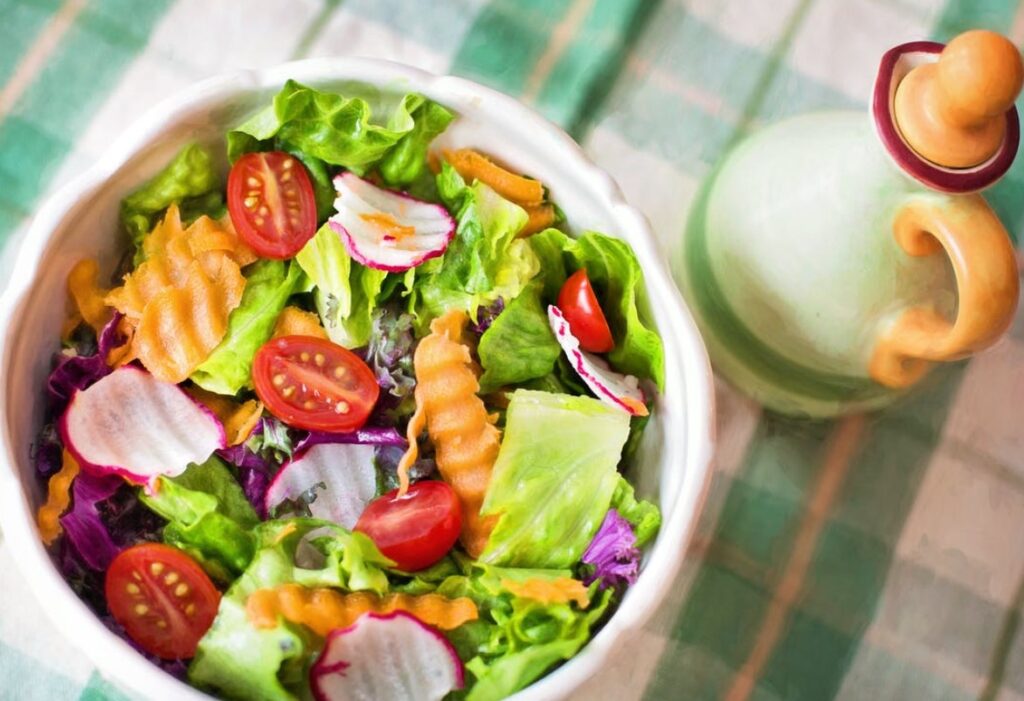
So now we’ve established the connection between diet and fertility, it’s important to know which nutrients in particular women need to have the best chance of conceiving.
Folates
Folate is a nutrient that boosts cell production in the body, and in the context of pregnancy, helps the healthy development of the fetus throughout the pregnancy period.
Omega-3 fatty acids
These healthy fats are vital for promoting healthy brain and eye development for your baby and for helping expectant mothers to stay healthy and happy throughout their pregnancies.
Vitamin B12
This vitamin supports the production of red blood cells in the body and the overall nervous system. For pregnant women, it’s crucial for ensuring the baby develops in a safe and healthy way.
Antioxidants
Antioxidants can be found in a range of foods and are super important in protecting our bodies from free radicals, which can damage our cells. For fetal development, antioxidants play a big role in preventing potential birth defects.
Vitamin D
We all know that vitamin D promotes bone and muscle health, and this is no different for pregnant women and their fetuses.
Zinc
Known to support egg and sperm health, as well as lower the probability of miscarriage.
Vitamin E
Is an important healing vitamin in the body, and can improve ovary health. This is especially useful for women over the age of 30 hoping to get pregnant.
Fertility-boosting foods
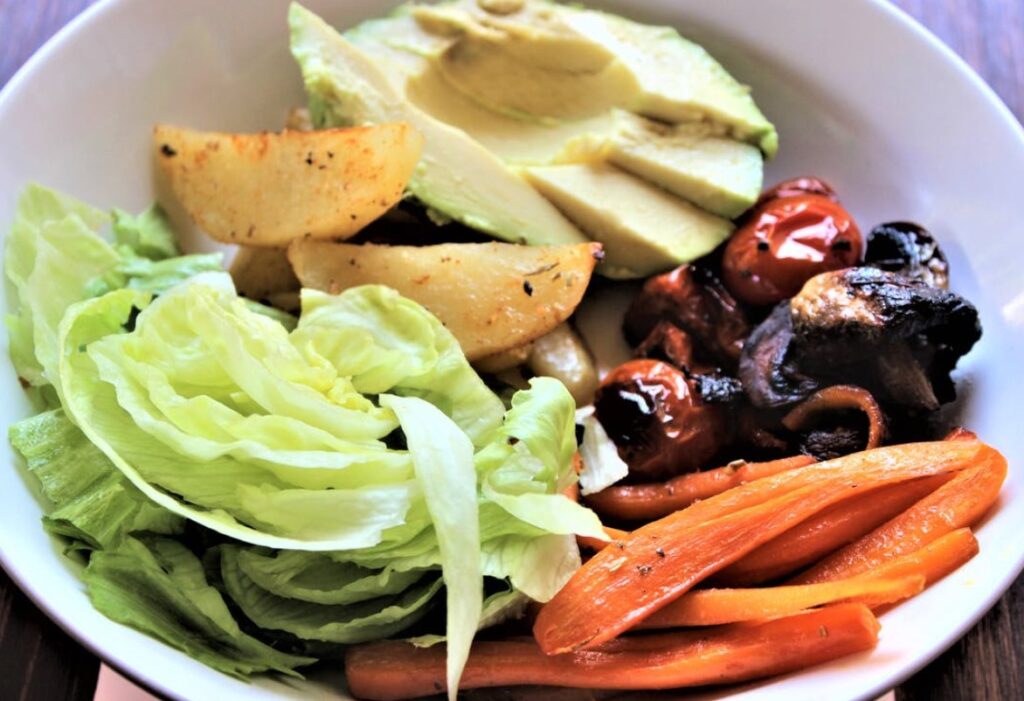
All of the nutrients we’ve just discussed can be found in the foods we pick up from the grocery store – you just need to know what to put on your list. The following foods collectively cover all of those essential nutrients which help to equip your body with the best tools to get pregnant.
1. Oily fish
Oily fish like salmon is a fantastic source of omega-3 fatty acids, as well as vitamin D. Enjoy a filet of baked or pan-fried salmon with some green vegetables for lunch or dinner. Plus, you can get really creative with your flavorings: from bright, fresh pesto to a cajun butter rub.
2. Sea moss
This species of seaweed is more of a supplement than it is a food, but in its gel form, is the perfect thickening agent in sauces and smoothies. It contains a huge 92 nutrients and vitamins, including most of the ones we’ve recommended for fertility. Vitamin D, zinc, folates, antioxidants, vitamin E – has it all.
3. Lean animal protein
From lean cuts of beef to turkey or chicken, animal protein is important for fertility because of its high zinc and iron content. Just don’t go protein-crazy – too much can lead to fertility issues.
4. Dairy products
Milk, cheeses and yogurts are known for being great sources of vitamin D, which is super important for women hoping to get pregnant. You can snack on cheese and yogurt, and even add a splash of milk to your morning smoothie.
5. Liver
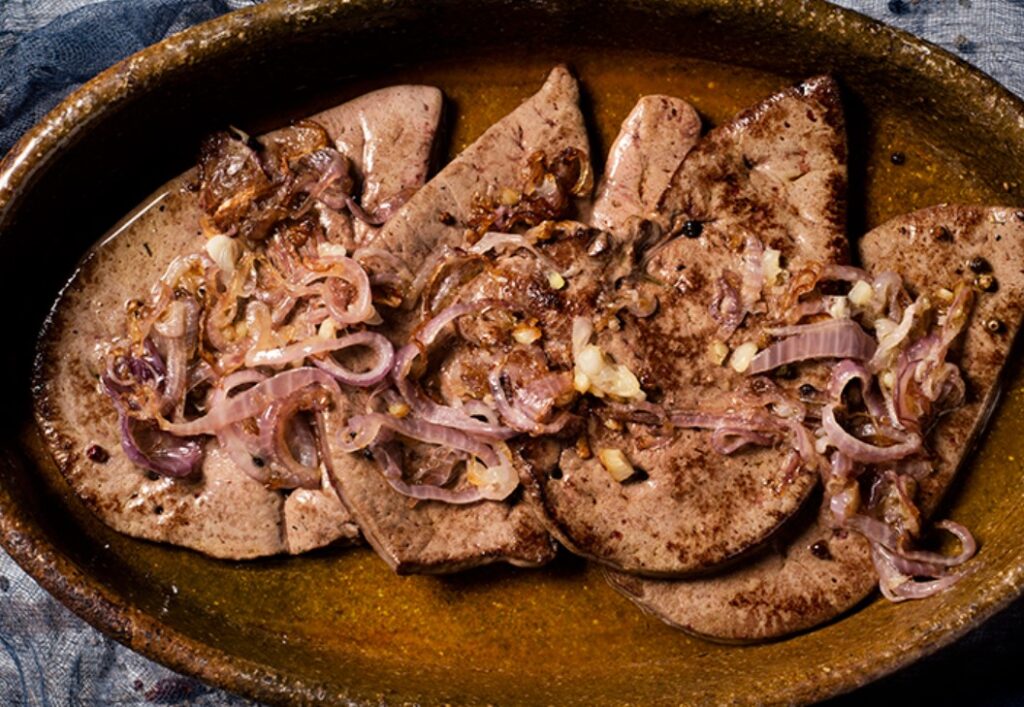
One of the most nutritious foods on the planet, liver is a great choice if you’re a meat-eater. It’s full of vitamin B12, omega-3 fatty acids and folates – a fertility all-rounder if you ask us.
6. Asparagus
Every green vegetable is great for your health, but we’re spotlighting asparagus for fertility because of its high folate content. You can enjoy it grilled or boiled as a side dish or snack.
7. Eggs
Eggs, and more specifically egg yolks, are an important food to eat to boost fertility. The yellow part of an egg contains zinc, folates and vitamin B12, so is a welcome addition to any fertility-friendly diet plan.
8. Fruit
A welcome addition to any healthy eating plan, and for pregnancy in particular, fruits are helpful in providing a range of different vitamins and minerals for the body. Here’s a few you can add to a smoothie or snack on throughout the day:
• avocados (yes, they’re a fruit!)
• strawberries
• blueberries (high in antioxidants)
• pineapple
• orange.
9. Oysters
This seafood isn’t just an aphrodisiac, it’s also a great prenatal food. Full of zinc and vitamin B12, it’s a must-have if you like the taste.
10. Supplements
For those of you who can’t eat any of the foods we’ve listed above, there’s a good chance you’ll be able to find the nutrients they offer in the form of a supplement. Vitamin capsules, drinks or tablets can provide man-made versions of these essential nutrients and help boost your chances of getting pregnant. Prenatal vitamin supplements often combine the most important ones into one pill or capsule so all you have to do is take one each day with a glass of water – it’s as easy as it sounds!
Fertility issues affect many couples and it’s important to know how to put yourself in the best position possible to get pregnant. Eating these foods will help you increase your chances of getting pregnant and being able to start a family of your own.
 Imagup General Magazine 2024
Imagup General Magazine 2024
